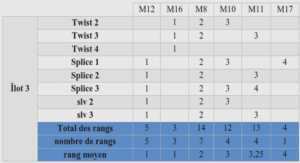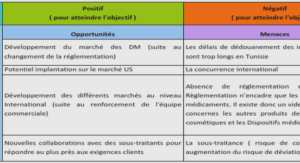The Deep Influence of Revolutionary Events and Female Thoughts on Wollstonecraft’s Fight
In order to truly understand the stakes of Mary Wollstonecraft’s life and the various changes she wanted to make within the society’s mores regarding the status of women in society, there is a need to take into consideration the historical and social context of other countries. Indeed, she lived in a century of societal upheavals, especially in terms of equality and quest for happiness, including a search for liberty, which in the end generated the pursuit of social reforms and enhanced citizens’ rights. Those social cataclysms have certainly influenced her perception and no doubt led her to wonder and to invest herself in the struggles that she thought were right in her own country, as recognizing that women must also have rights. Here, we refer to two major events that were among the most important upheavals in world history, the American and French revolutions. The American revolution broke out when the 13 colonies of America decided to revolt against Britain, which established new taxes as the Sugar Act (1764) or still the Stamp Act (1765). These taxes are imposed on the colonies and in addition, Britain refused to give western new fertile lands gained following the Seven Years War (1756/1763). The colonies began to express their anger and their indignation, especially as they didn’t have a representative in the United Kingdom parliament to defend them. Consequently, they had no political power. They began to protest with the slogan ‘no taxation without representation’. Riots broke out and they boycotted products imported from Great Britain, which did not react to their request in time.
The Boston tea party on December 16, 1773 is a relevant example, where 342 cases of tea were thrown at sea by a revolutionary organization, called the Sons of Liberty, these colonists disguised as Indians wanted to protest and to resist new Crown taxes and laws. Colonial women wanting to be actively involved in this general rebellion were called the Daughters of Liberty, and their skills in sewing clothes and making tea also played an important role in replacing British products. For instance, the spinning bees were a community of women gathering to spin yarn and homespun production to support the patriotic cause (see painting in the appendices). Martha Washington was one of the leaders of this organization and participated in the Boston Tea Party. She supported the same causes as her husband, George Washington, commander- in-chief of the continental army during the war of independence. She accompanied him during much of the war. Thus, she will become the first First Lady of the United States in 1789.
Indeed, it declared that men have been created equal in law and that they can oppose tyranny. The country was founded on the words of Thomas Jefferson who proclaimed, “We hold these truths to be self-evident; that all men are created equal; that they are endowed by their Creator with certain Indeed, it declared that men have been created equal in law and that they can oppose tyranny. The country was founded on the words of Thomas Jefferson who proclaimed, “We hold these truths to be self-evident; that all men are created equal; that they are endowed by their Creator with certain During the French Revolution, women failed in obtaining the right to vote. However, they hoped to achieve this through their commitment in the revolutionary struggle, but the male political members of the Revolution succeeded in ousting half of the population from the founding act of democracy, the universal suffrage. Women did not have access to a role in public life and simply had to remain an actor in family life, in the private sphere. They were nevertheless at the origin of many petitions and their presence in the popular struggles was real. So, even if women had a very limited official role, they remain an undeniable actor of the revolutionary period. They get some rights, especially divorce. However, they do not have political equality because the right to vote was not acquired for them in this unprecedented period of upheaval. But what is certain is that their deep desire to be part of political life inspired and confirmed Mary in her fight to make things change.



